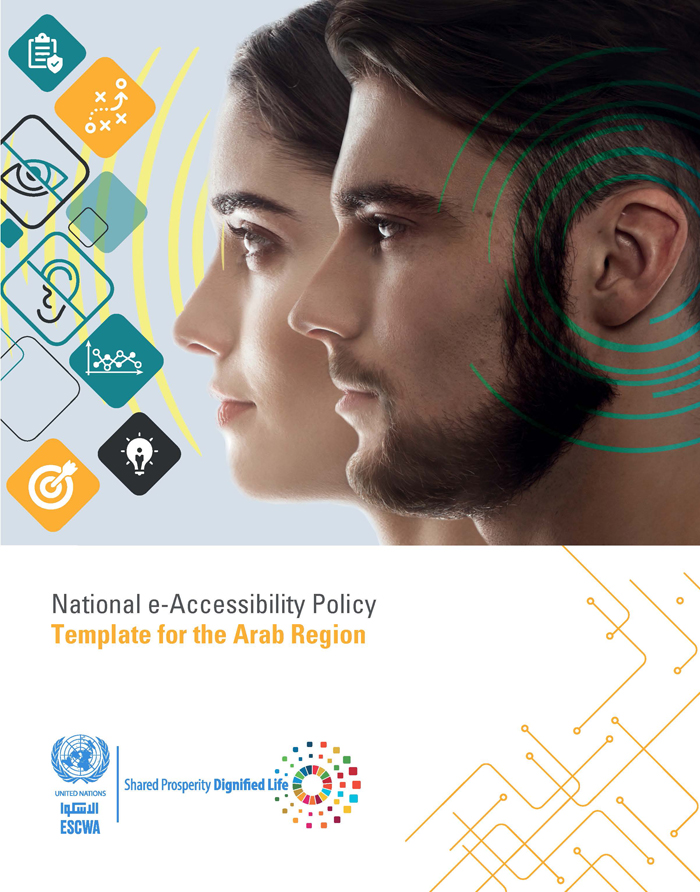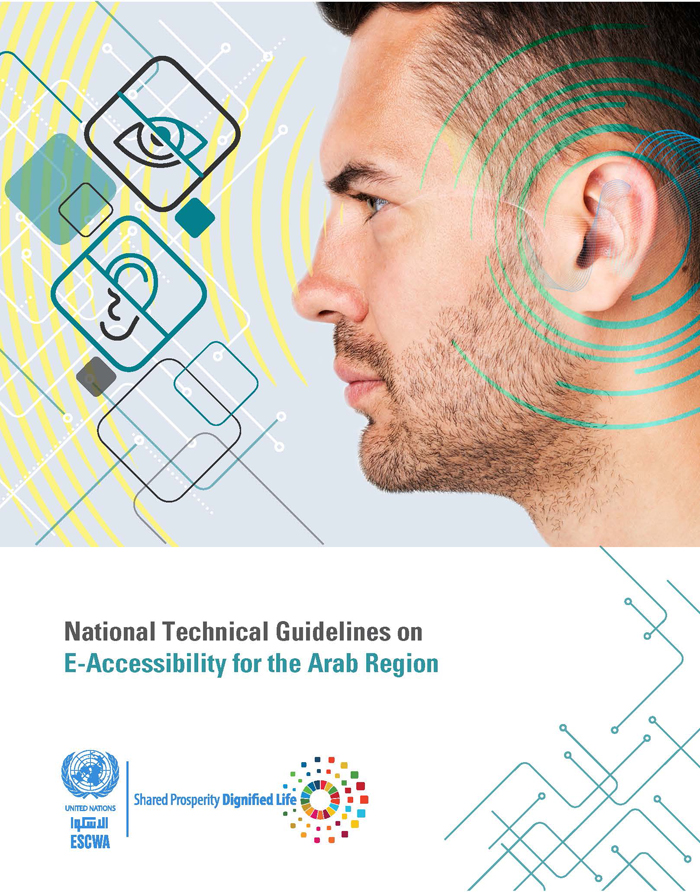The population of older persons in the Arab region has significantly increased and will continue to do so, causing a demographic shift towards population aging in Arab countries. In a world where digital accessibility has become an enabler of comprehensive development, protection, social justice, poverty reduction and living in dignity, it is important to ensure that older persons have access to the digital world and the skills to navigate through it.
The main objective of this meeting is to present and discuss the draft technical paper entitled “Technical guidelines on e-accessibility for older persons”, which offers guidance on the design of accessible digital products for older persons. The paper provides guidelines for policymakers to address the digital needs of older persons, promote equal access, encourage innovation, improve quality of life, and deliver on the inclusion and participation of older persons in all aspects of daily life.

